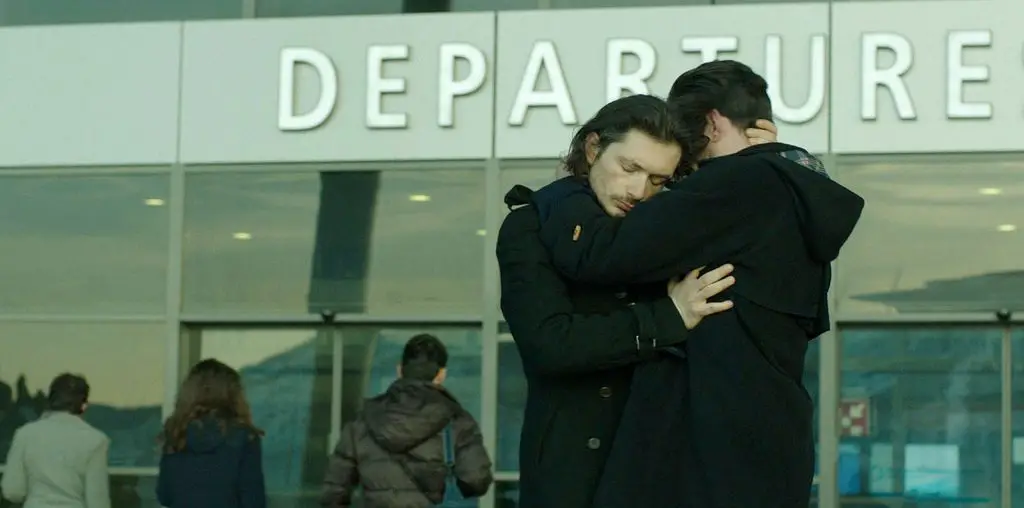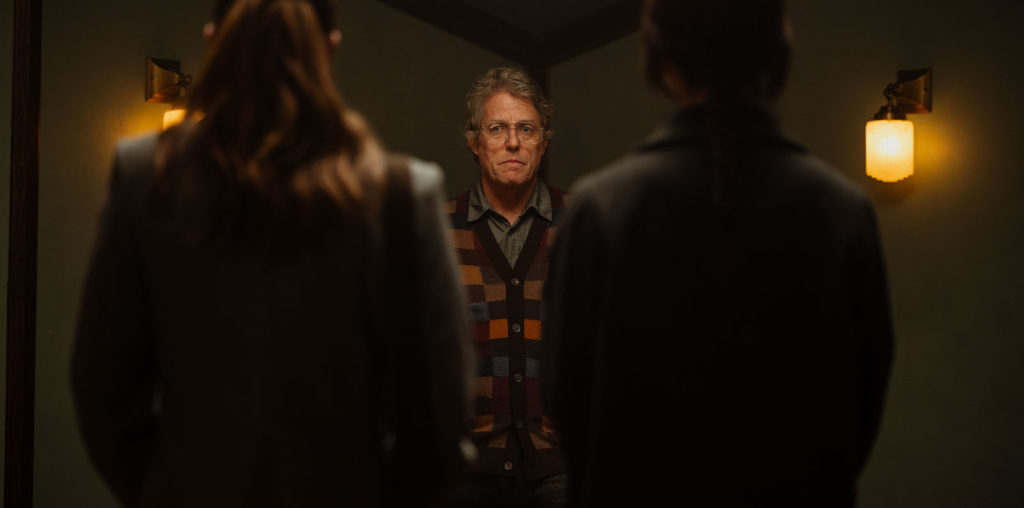
The English title to the 1951 German noir drama “Der Verlorene” is “The Lost One,” which is a suitable irony since the film is one of the lost classics to American moviegoers. Barely seen in the U.S., the film is a missing puzzle piece in the career of Peter Lorre, the celebrated character actor best known for his villainous performances in classic films including “M,” “The Maltese Falcon” and “Casablanca.” “Der Verlorene” has recently been restored for its 50th anniversary and is currently playing in festivals across Europe…but American festival organizers and distributors seem curiously unaware of the film’s presence and power and the film is nowhere to be seen in any U.S. outlet, even at this very late date.
During the 1930s and the first part of the 1940s, Peter Lorre was celebrated as one of the top character actors in Hollywood, specializing in coolly sinister performances which stole scenes from the top stars in the business. But by the early 1950s, Lorre’s career had stagnated into stupid little roles in minor, forgettable films. Seeking a greater chance at artistic freedom, he returned to his native Germany for the first time since he fled the Nazi regime in the mid-1930s and took the challenge of directing a feature for the very first time. Having worked with many of the finest directors (including Fritz Lang, Alfred Hitchcock, John Huston and Frank Capra), Lorre brought an intimate knowledge of high-quality cinema to his directing debut.
“Der Verlorene” opens in the horror of a German refugee camp. Lorre stars as a chain-smoking, hard-drinking physician who is responsible for the homeless, helpless people living within the barbed wire world of the camp. One day, he is informed that one of the refugees has medical training and can provide assistance for handing out inoculations. This medical refugee, however, is a former Gestapo agent who was the good doctor’s colleague in a research lab…and who also shattered his world with the news that the doctor’s fiancé was passing along word of their findings to the Allies. The doctor treats this betrayal by fatally strangling his fiancé, which then ticks off a long-dormant homicidal urge to strangle any woman who reminds him of his unfaithful love.
“Der Verlorene” offers a wonderfully uncomfortable dissection of a criminal whose isolated acts of murder take place nearly unnoticed within a country that was in the midst of the widest and most gruesome slaughter in the history of civilization. In presenting his medical murderer, Lorre wisely did not go for melodrama and avoided the temptation of overplaying his hand with rolling eyes and cackling grimaces. Instead, his character keeps an eerie and nearly-impossible air of calm and control, offering charming insouciance when his crimes are realized by almost-victims who barely escape him. In the film’s shocking denouement (which will not be revealed here), he provides an amazing air of joy and rue in awaiting the action which will end his horrendous double life. The small, slight gesture he enacts and the expression he provides are so subtle and powerful that few actors could dream of replicating. This film was Lorre’s triumph as an actor.
As a director, Lorre did well to mask the low-budget limitations of the German film industry from that era with an unusual mix of lush Hollywood-style film noir camerawork and gritty neo-realism which offered a peerless mix of style and squalor to depict the doctor’s (and his country’s) rise and ruin. Vaclav Vich’s cinematography rivaled the finest of the big-bucks Hollywood studios with a rich shadow play in the twilight sequences when the disturbed Lorre is casually on the prowl for a bit of murder.
Perhaps Lorre did his job a little too well. “Der Verlorene” was a commercial disaster when it was first released in Germany, which was not surprising since Germans of the time wanted to forget the war, and other European countries had no interest in playing the film. Lorre kept the film out of the U.S., owing to well-founded fears of a miserable McCarthyist political climate which would not tolerate a film of this nature. Lorre would never direct another film and he later returned to the silly supporting roles he was trying to escape, ending his career in stoogery opposite Vincent Price in Roger Corman’s campy Poe-flavored chillers.
Time has been the ally of “Der Verlorene” in Europe, where it has since been hailed as a classic. Yet outside of a bare handful of brief engagements in the early 1980s, American audiences only know of “Der Verlorene” from reputation. As the film travels its half-century anniversary lap around European cinemas, one can only hope that “Der Verlorene” can finally cross the Atlantic and take root permanently. It is a great work of art whose absence from America is not short of criminal.
In German with English subtitles.

